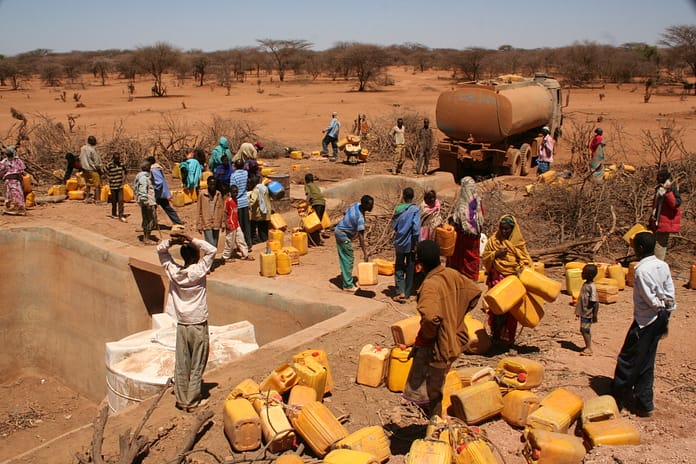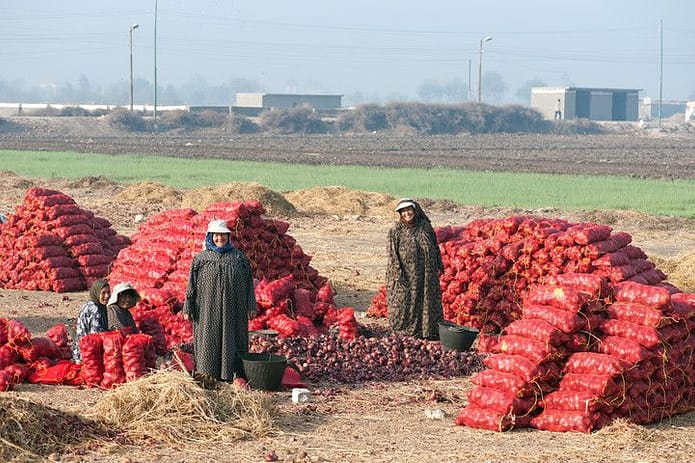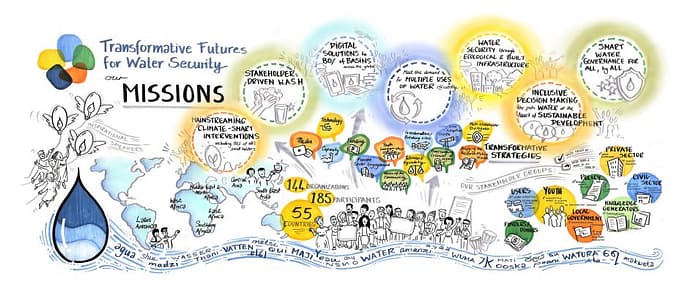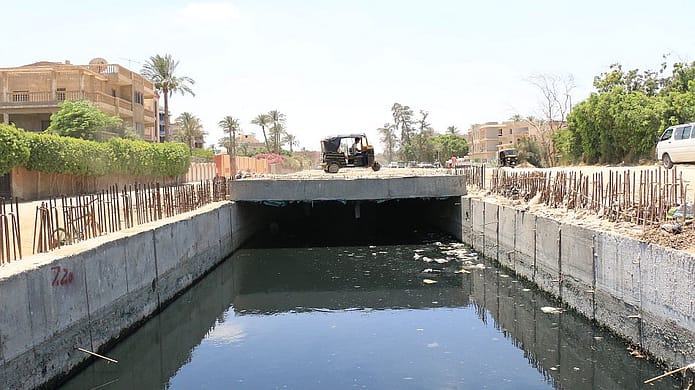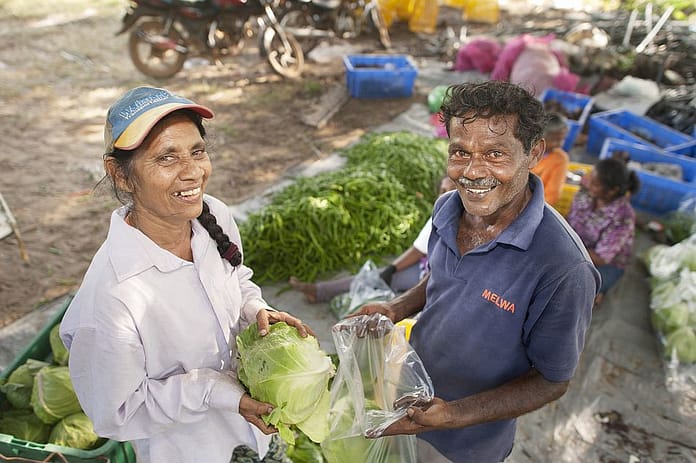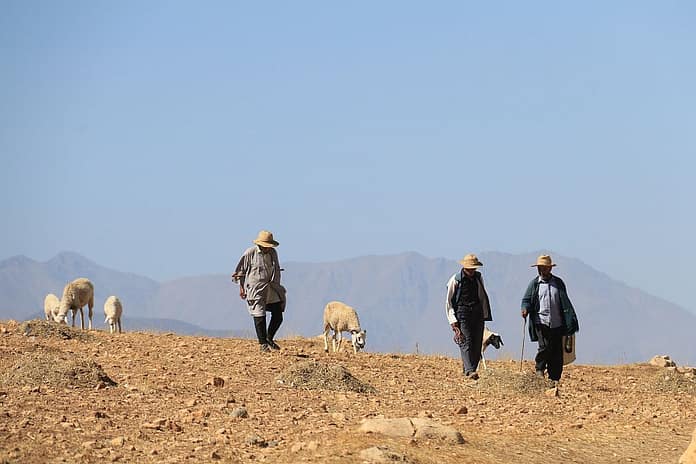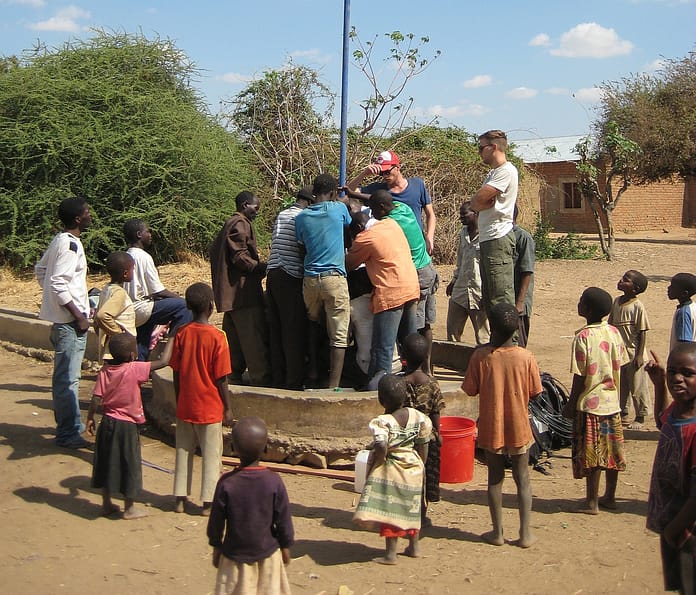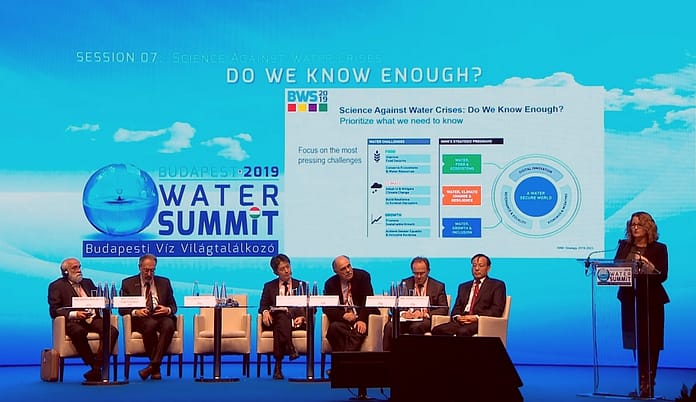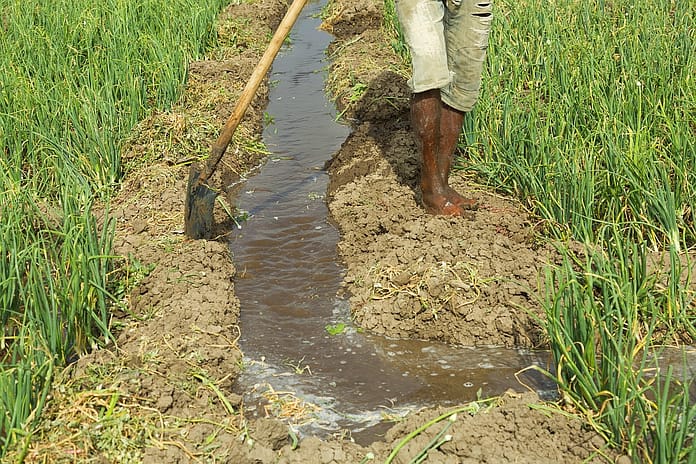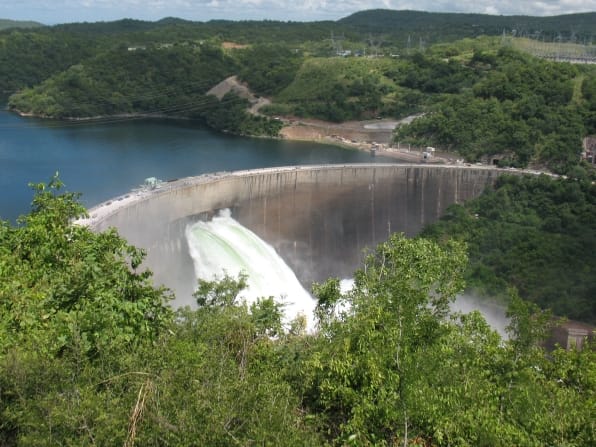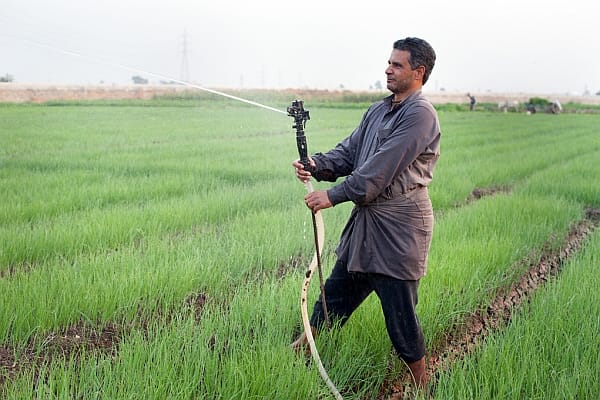By Javier Mateo-Sagasta and Will Yeates
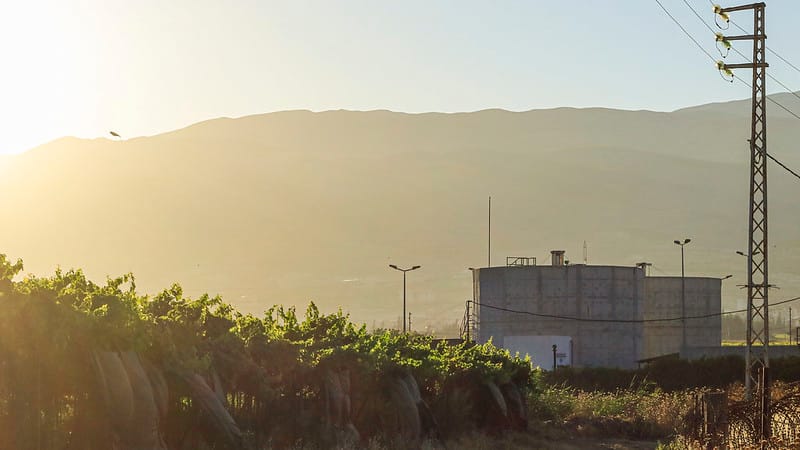
Amid Lebanon’s ongoing conflict, addressing water reuse may seem a marginal priority, but its long-term significance for the country’s food and water security cannot be overstated.
Lebanon’s farmers are grappling with climate change, water scarcity, and pollution, threatening agricultural productivity. At this critical time, a pioneering initiative is set to revolutionize agriculture.
Lebanon generates around 300 million cubic meters (Mm³) of municipal wastewater annually, but only 81 Mm³ receives treatment, with 28 Mm³ deemed fit for reuse. To unlock the potential of water reuse, Lebanon needed ambitious but realistic water reuse regulations.
The birth of the standards with ReWater MENA
The ReWater MENA project, led by IWMI, supported the Lebanese Standards Institution (LIBNOR) in developing scientifically sound and contextually relevant water reuse standards, crucial for Lebanon’s agriculture.
“ReWater MENA started in 2018 and ended in 2022. It generated significant work, trials, and data aimed to inform Lebanon’s water reuse standards for agriculture,” recalls Javier Mateo-Sagasta, the IWMI project leader.
During ReWater MENA, significant efforts were made to gather evidence from field trials conducted by the Lebanese Agricultural Research Institute (LARI) and to review existing standards and policies on reuse in other MENA countries. These efforts aimed to inform Lebanon’s water reuse standards. ReWater MENA worked with LIBNOR – and IWMI sat on the LIBNOR technical committee – for the development of these standards. Several committee meetings were conducted to agree on the templates for the standards, discuss the approach to be followed, and emphasize the need for standards that are realistic, affordable, and based on the WHO’s multiple barrier approach.
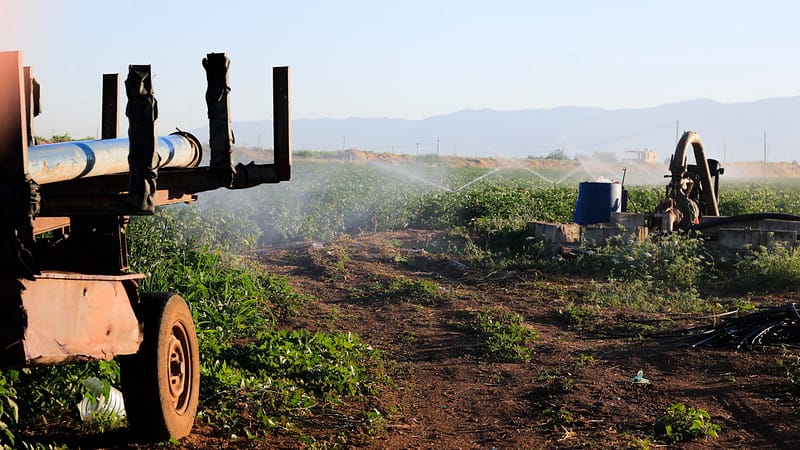
The power of collaboration: F2R-CWANA’s crucial support
The CGIAR initiative “Fragility to Resilience in Central and West Asia and North Africa (F2R-CWANA)” particularly Work Package 4 led by IWMI (2023–2024) took over from ReWater MENA and provided essential financial and technical support for the drafting and finalization of the reuse standards, within the LIBNOR technical committee. This collaboration facilitated an iterative drafting process with multiple consultations to ensure the standards were fit for purpose.
“These sessions of the LIBNOR committee engaged a diverse range of stakeholders, including the Ministry of Energy and Water (MEW), IWMI, LARI, policymakers from other ministries and water authorities. This collaborative approach ensured that all participants developed a thorough understanding of the technical aspects of water reuse, as well as its socio-economic and environmental benefits,” explained Maha Al-Zu’bi, IWMI regional researcher and F2R-CWANA project leader.
Building trust through science: The role of LARI
LARI, under the leadership of Marie Therese Abi Saab, had conducted field trials proving that, with appropriate practices, water reuse can be safe even for irrigating vegetables intended to be eaten raw. LARI’s findings were instrumental in shaping the drafting of national standards, collaborating closely with farmers to ensure practicality and effectiveness.
“We began by conducting extensive experiments to assess the impact of treated water on different crops,” says Abi Saab. “Our findings showed that the adoption of safe farming practices can enhance human health protection and food safety. With water reuse, we can also safeguard environmental health and make more efficient use of water resources. This was a game-changer.”
This evidence, generated by a respected Lebanese scientific organization was pivotal to inform the development of the standards and build trust.
Overcoming hurdles: The role of LIBNOR
Lebanon’s water infrastructure, including its wastewater treatment plants (WWTPs), faces significant operational challenges. Of the country’s 104 WWTPs, only 41 are fully operational, while 20 operate under limitations, and 35 are non-operational. This means that a large portion of Lebanon’s wastewater is inadequately treated or not treated at all, severely limiting the potential for reuse.
LIBNOR, led by Lena Dargham, took the initiative to develop the water reuse standards amid these structural shortcomings. Dargham emphasizes the difficulties encountered: “We had to navigate technical, bureaucratic, and political challenges during times of crisis, when Lebanon’s public administration was struggling with resource shortages. The fragmentation of state authority mandates and the economic crisis only added to the complexity. Yet, we were determined to create standards that were both ambitious and realistic. IWMI played a key role in helping LIBNOR overcome these challenges and provide the support needed.”
One of the key challenges was aligning the new standards with international guidelines while ensuring they were tailored to Lebanon’s unique environmental and socio-economic context. This required a nuanced approach and a proper consultation process with all stakeholders. This was done through the diversified participation of public and private sector experts in the LIBNOR technical committee and dedicated consultation workshops supported by IWMI.
Addressing informal water reuse: The reality on the ground
While formal water reuse in Lebanon is still limited, informal practices have been ongoing for years. In many areas, farmers break sewage pipes to access nutrient-rich wastewater, or they use water from rivers and streams that have been polluted with untreated sewage. This informal reuse poses significant health risks, as farmers often lack the knowledge to differentiate between safe and unsafe practices.
The new standards aim to change this by providing clear guidelines on what is safe and what is not. The most important challenge is to reach the water quality parameters outlined in the standards and make sure the responsible entities monitor the safe delivery of the water as well as the cultivation of the correct crops. The standards will help ensure that water reuse is done in a way that protects both human health and the environment.
“There is still a long way to go before we can apply the wastewater reuse standards and that is related to the proper functioning of our wastewater treatment plants,” says Suzy Hoayek, principal advisor from the Ministry of Energy and Water.
“A pilot project will be implemented in Zahleh (in collaboration with two UN agencies) since the region’s treatment plant operates up to standards, and the Ministry will build on the results for future expansion of wastewater reuse.”
Potential impact: A new era for water and agriculture in Lebanon
The potential impact of these standards on agriculture in Lebanon is significant. Farmers who currently rely on informal and often unsafe water sources could transition to safer practices and use a reliable, nutrient-rich alternative, and reducing their dependence on scarce freshwater resources.
While the standards have not yet been officially issued, their approval by LIBNOR marks a critical step toward a more sustainable future for Lebanese agriculture. Their issuance will provide farmers with the information they need to make informed decisions about water reuse, potentially leading to increased agricultural productivity, improved health, and reduced environmental pollution.
However, Hoayek from the Ministry of Energy and Water notes, “both farmers and monitoring authorities, including our Ministry and the Water establishments, need extensive training for the proper application of the standards.”
The success of these standards will depend on support from government agencies, international organizations, and the farming community. It will also require ongoing efforts to improve the country’s wastewater infrastructure and ensure that more of Lebanon’s wastewater is treated to a standard suitable for reuse.
Our thoughts are with the people of Lebanon, especially our colleagues with whom we worked so closely these years. We hope the conflict will be over swiftly, so Lebanon can look ahead with hope, and water reuse can play a pivotal role in more sustainable agriculture and the resilience of the country’s water resources.


